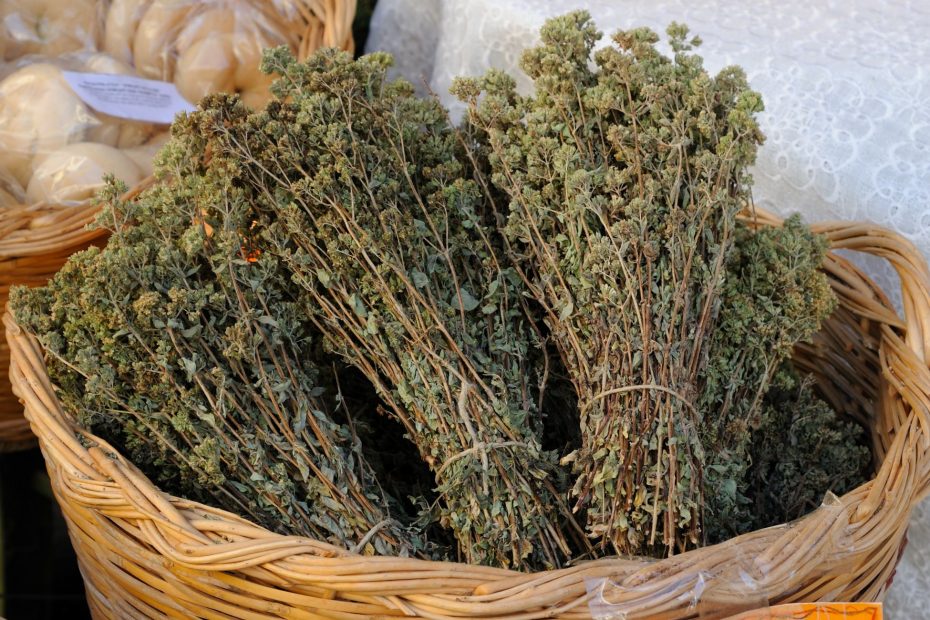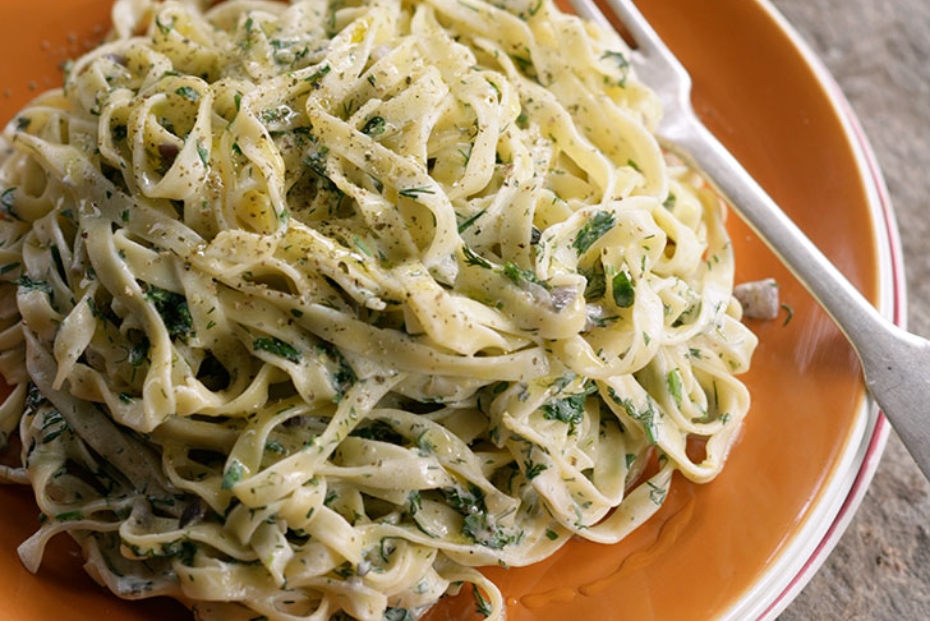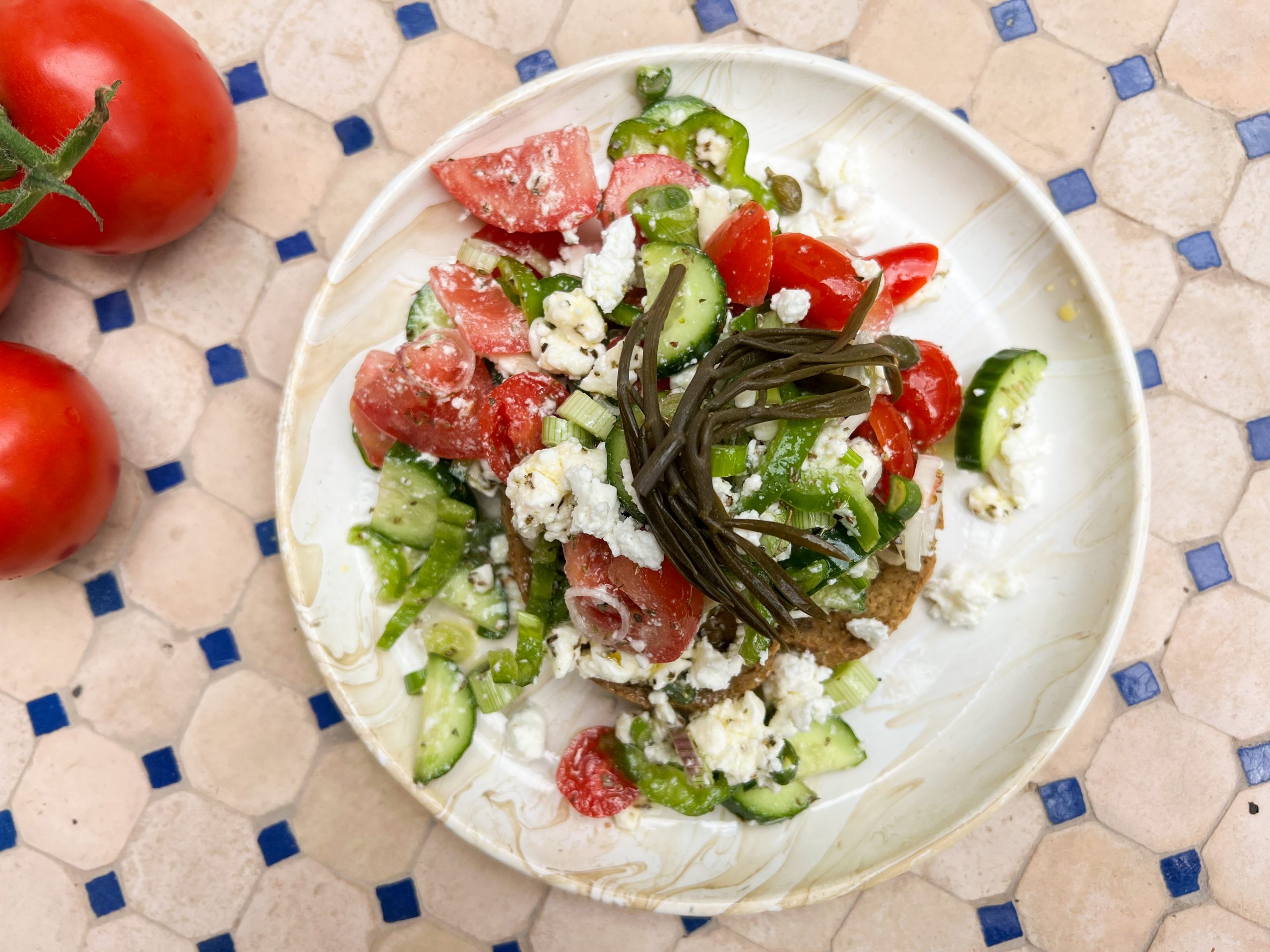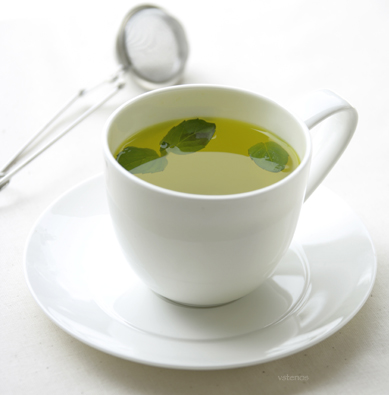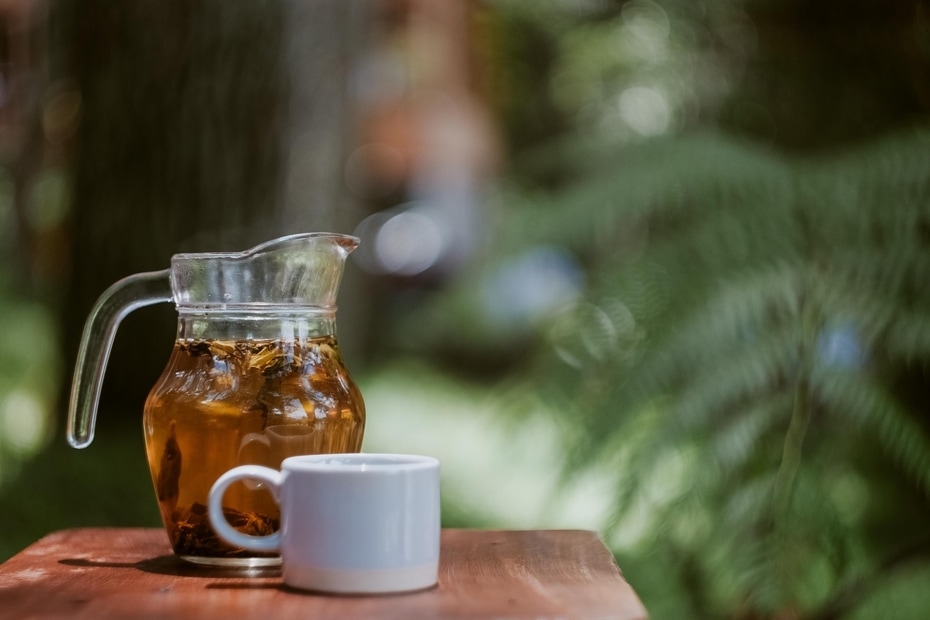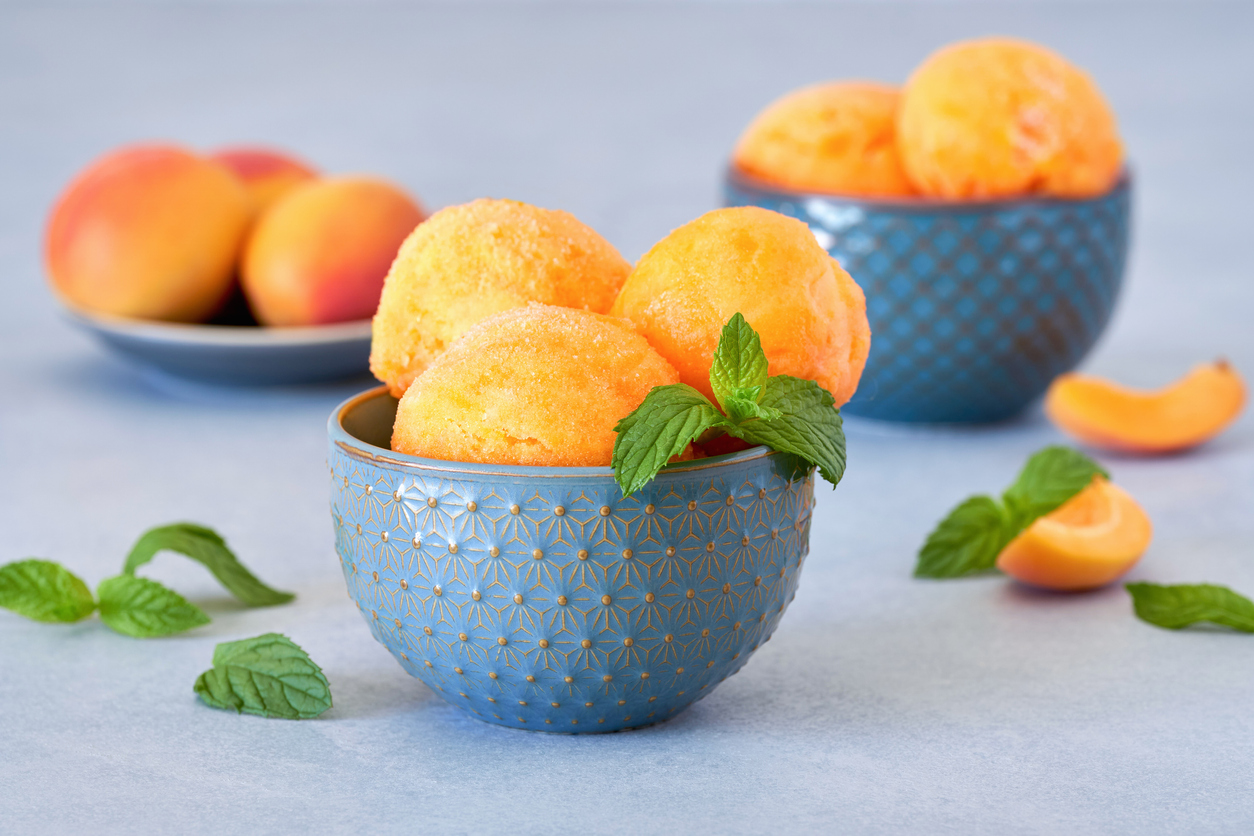In Greece, herbs aren’t used just to flavor food; they are used as a sort of folk medicine, with a reason for each one. One of the healthy habits common to everyone on my longevity island of Ikaria – and I mean everyone, from the very young to the very old – is the consumption of herbal and other plant-based teas, picked from plants that grow wild all over the island.
These infusions are loaded with antioxidants and have many other salutary characteristics. Some, like pennyroyal and other mints, promote gum health and soothe stomach aches, while others, like rosemary, combat gout. The diuretic effects of most of these natural beverages actually combats hypertension – just one possible reason why cardiovascular disease on Ikaria is so low!
This folk knowledge was passed down from generation to generation, and is basically all but lost, but today, a handful of young people are working to resuscitate this knowledge. Many of these herbs are accessible even outside of Greece, so while this shouldn’t serve as medical advice, hopefully it helps you make decisions to be just a bit healthier!
Oregano
Oregano, which translates to “mountain joy,” stands as one of the essential herbs in Greek culture. Traditionally, Greek newlyweds would wear laurel wreaths adorned with oregano during their weddings. In Greek cuisine, oregano’s flavor is so fundamental that it’s challenging to conceive of a dish without its inclusion. This is particularly fortunate because oregano boasts numerous health benefits. It is rich in antioxidants, which combat cellular damage associated with various chronic diseases, cancer, diabetes, and cardiovascular issues.
Additionally, it possesses antiviral and antibiotic properties. The Greeks seemed to recognize these properties, as they have long used its essential oils as a folk remedy for treating colds and infections. To reap the health rewards of oregano, it’s best to incorporate it into your regular diet. Fortunately, oregano is incredibly versatile, as it can be added, fresh or dried, to a wide range of dishes, including pasta sauces, salad dressings, and marinades. Notably, Greek oregano offers a more robust flavor compared to Italian or Mexican varieties, so a little goes a long way!
The Mint Family
There are so many different species of mint that have crossbred over thousands of years. It’s an infusion that I love, especially for breakfast! On Ikaria, the most common species are dyosmos, or spearmint; menta, or peppermint; and fliskouni, or pennyroyal.
Spearmint is the best known and mainly used in cooking, although Ikarians often use it dried in teas as an antidote to an upset stomach. The same goes for peppermint, which is dried and drunk as a calming tea. Pennyroyal, the smallest member of the mint family, grows wild and is also cultivated in local gardens. It can be used to treat some kinds of tummy aches, but it can also be used to soothe colds and flu-like symptoms. It has been used since ancient times to help stimulate the menstrual process, and locals say that pregnant women should skip this one!
Rosemary
Usually consumed as a tea or infused oil, rosemary can be enjoyed fresh or dried, and it’s one of the herbs native to the Mediterranean. You’ll find it in all kinds of Greek and Mediterranean recipes! Ikarians know that rosemary makes an excellent tonic, and has antiseptic qualities. Older Ikarian women would infuse water with rosemary and use it as a shampoo. I’ve done this – my hair was never shinier! It’s a salve against colds, the flu, headaches, and stomachaches.
Sage
Greek sage is another native herb cherished by the Greeks for centuries. The ancient Minoan civilization of Crete even featured a fresco depicting sage, dating back to approximately 1400 B.C. Intriguing research has indicated that consuming two cups of sage tea daily significantly boosts blood antioxidant levels, lowers “bad” LDL cholesterol, and raises “good” HDL cholesterol.
Similar to oregano and other Greek herbs, sage has been used in traditional medicine to address various ailments, including unexpected conditions like diabetes and menopausal symptoms. Emerging research suggests there may be some merit in these traditional uses. One animal study demonstrated that sage extract reduced blood glucose levels, while another study found that daily doses of fresh sage leaves reduced the occurrence of hot flashes in menopausal women. These findings make a compelling case for incorporating sage into our diets! While this slightly minty, woody herb can be utilized dried or fresh in cooking, it is most commonly enjoyed in Greece as an herbal tea. Due to its potent flavor, it is sometimes sweetened with honey or blended with other herbs for infusion. This iced tea is the perfect way to enjoy it in the summertime!
Chamomile
Lastly, chamomile stands as another beloved herbal tea among the Greeks, perhaps the most adored of all of them! The name “chamomile” originates from the Greek term “earth apple,” a moniker it earned due to its subtle apple-like fragrance. Wild Greek chamomile possesses such a concentrated aroma and flavor that it can hardly be compared to the stale tea bags found in supermarkets (and it makes a great addition to many recipes, like this light and summery sorbet). This delicate flower boasts impressive healing properties, with its concentrated phytonutrients potentially improving cardiovascular health and stimulating the immune system. And it has long been employed as a soothing sleep aid, particularly before bedtime, helping the drinker to relax before drifting off.
Beyond that, there are topical ways to use chamomile, which can help to treat acne, hydrate your skin, and repair issues with sensitive skin. It’s a common ingredient in lotions and soaps, and a good all-natural ingredient!
